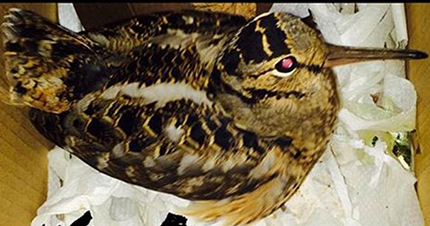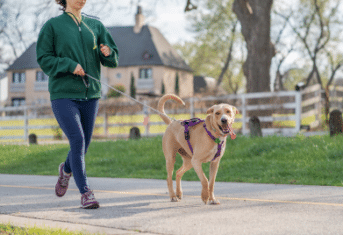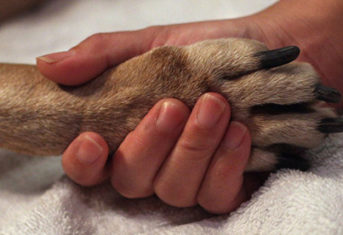Resources for Injured Pets and Urban Wildlife

Resources for Injured Pets and Urban Wildlife
When people need information about animals, their veterinarian is typically the first phone call they make. Recently, I got just such a call from a friend with an injured seagull in their Boston backyard. Given the increasing interface between urban and rural, issues with wildlife in the backyard are on the uptick. Sick or injured stray dogs and cats are an ongoing issue in all municipalities. The question about the injured seagull raised important points about who to contact about an injured animal and I have outlined some helpful information below.
Baby Birds
This time of year, homeowners frequently find fledglings that look lost, but if left alone, will be cared for by attentive bird parents until the youngsters learn to fly solo. Nestlings that have been blown from their nest in a rain or windstorm may need some human help to get back in their nest so their parents can resume raising the wayward birds. Most baby birds blown from the nest land very close to the tree where their nest is located. A sharp eye can find where the baby belongs. The Cornell Laboratory of Ornithology wrote an article about what to do with a baby bird and the Audubon Society has a video on the same topic.
Stray Dogs and Cats
Each municipality has its own protocol for controlling stray dogs and cats. In New York City, stray dogs, orphaned kittens, and abandoned pets can be reported by calling 311 or they can be taken to any of the city shelters.
You can report a found or lost dog online as well.
Injured Wild Animals
This blog post started with a call about an injured wild bird and the photo accompanying the blog is an injured Woodcock AMC took care of until he or she was released to a wildlife rehabilitator. Calling a wildlife rehabilitator is exactly what I told my friend to do. In New York State, the Department of Environmental Conservation has a list of licensed wildlife rehabilitators and AMC often works with Wildlife in Need of Rescue and Rehabilitation. Here in NYC, we are lucky enough to have the Wild Bird Fund, a local organization to help with injured birds.
If you can’t find a list of wildlife rehabilitators in your state, your veterinarian might keep those numbers at the front desk for occasions like this. The website of your municipality is a good resource for information about wildlife. In New York City, an injured wild animal in a city park can be reported to authorities via www.nyc.gov. If a wild animal (raccoon, skunk or fox) is acting strangely and could potentially be rabid, the situation is kicked up a notch because of the public health concern. In New York City, if you identify a potentially rabid animal, call 911 immediately to alert the authorities to the danger. If you or your pet has been in contact with that animal, reach out to your physician or veterinarian for further instructions.
While we all love a bit of nature close by, an injured or lost animal deserves the special care it needs, just like your favorite cat or dog.

































